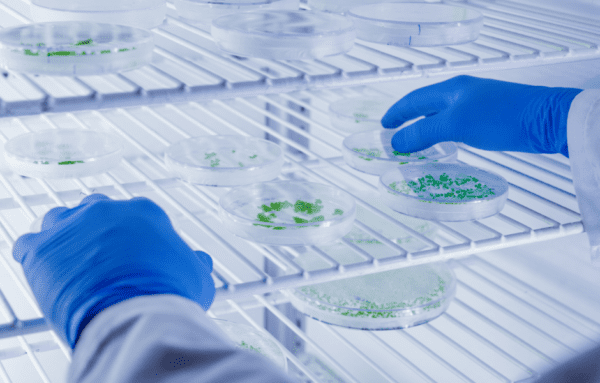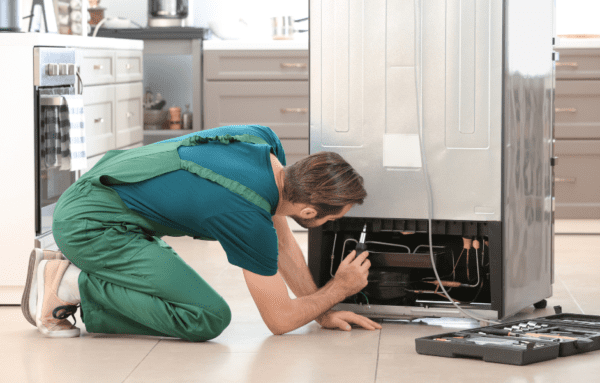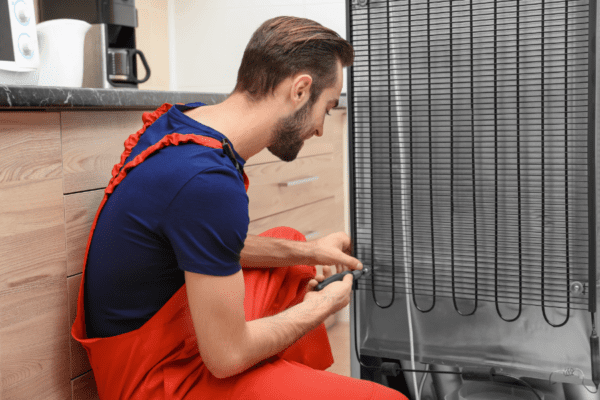Do Scientific Freezers need Maintenance?
Just like every refrigerator or freezer, scientific freezers and refrigerators need regular maintenance to ensure that parts are not deteriorating or losing their ability to adequately cool the contents stored inside. Regular maintenance also extends the life of your refrigerator or freezer and can save you money in the long run. This is especially important for scientific refrigerators and freezers, as oftentimes this equipment is used to store and preserve items that are extremely sensitive to temperature changes. There are several simple things you can do to maintain your scientific freezer or refrigerator, and in this article, we outline these tips so that you can get the most out of your equipment!
How do you Maintain a Scientific Freezer?
There are a few things that you can do to help maintain your scientific freezer or refrigerator. On a day-to-day basis, you should check the temperature throughout your device to ensure that it is maintaining a constant and appropriate temperature throughout the interior. In some cases, as the equipment begins to age, the device can actually hold two different temperatures inside, so it’s important to monitor the temperature of the interior in more than one place. It is also essential to immediately clean any spills or debris, and regularly deep clean the equipment, as dirt and waste can damage your equipment. Lastly, ensure that your equipment is in a location that has adequate airflow and that the contents inside are appropriately spaced to ensure that air is freely circulating around the machine.
There are other things you can do to maintain your scientific freezer or refrigerator. Regularly check for damaged or rusted parts and for other signs of deterioration. Every part of the refrigerator or freezer works to maintain the right temperature – from the cooling system to the seal and hinges on the doors. As a result, any signs of damage should be immediately addressed. Furthermore, you should regularly inspect your equipment for signs of dust build up in filters or clogging in drain lines. Any signs of buildup should also be cleaned, and they can decrease the efficiency of your equipment.
What Happens if you don’t Defrost a Scientific Freezer?
Defrosting your scientific freezer is another important component of good freezer maintenance. Frost and ice buildup in a freezer can have several negative effects on your device and its contents. It can inhibit airflow, modify the internal temperature of the equipment and prevent the doors from fully sealing. When you notice ice buildup, take the time to scrape it away before it becomes overwhelming. Every now and then, or when you don’t need to use the freezer, take the time to defrost your scientific freezer completely and avoid ice buildup.
What Should be done on the Outside of the Scientific Freezer for Proper Maintenance?
So far, we have discussed that a lot about the interior of scientific refrigerators and freezers, but the outside of the device is just as important too. Dirt, grease, and grime can all accumulate over time on the exterior of your equipment, so it’s important to keep it clean. When you take the time to clean out the interior of your freezer or refrigerator, you should also wipe down the outside and inspect the equipment for any holes, rust, or other defects. Keeping the exterior clean and ensuring that it is not damaged prevents buildup of debris that could damage your machine and extend the life of your scientific freezer or refrigerator. Be sure to vacuum the exterior coils to keep them free from dust!
Does the Environment of the Surrounding Lab make a Difference?
The surrounding environment can make a difference in the life and functioning of your scientific freezer or refrigerator. As noted above, dust, debris and other particles can get swooped up into the refrigerators or freezer’s cooling system and clog vents, filters, and other parts of the equipment. Too much of this buildup can cause the equipment to run less efficiently or break down entirely. Additionally, exposure to water can cause rust and diminish the integrity of your scientific freezer or refrigerator. As a result, it is just as important to maintain a clean lab environment to prolong the life of your scientific freezer or refrigerator.
Powers Equipment is here to help!
At Powers Equipment, we are proud to offer high quality products that are long-lasting, efficient, and reliable. However, sometimes despite our best efforts, things can still break down on your scientific freezers or refrigerator. For that reason, we are always willing to offer replacement parts and advise on proper maintenance to ensure you are getting the most out of your equipment. Contact us today to learn more about how we can help!




